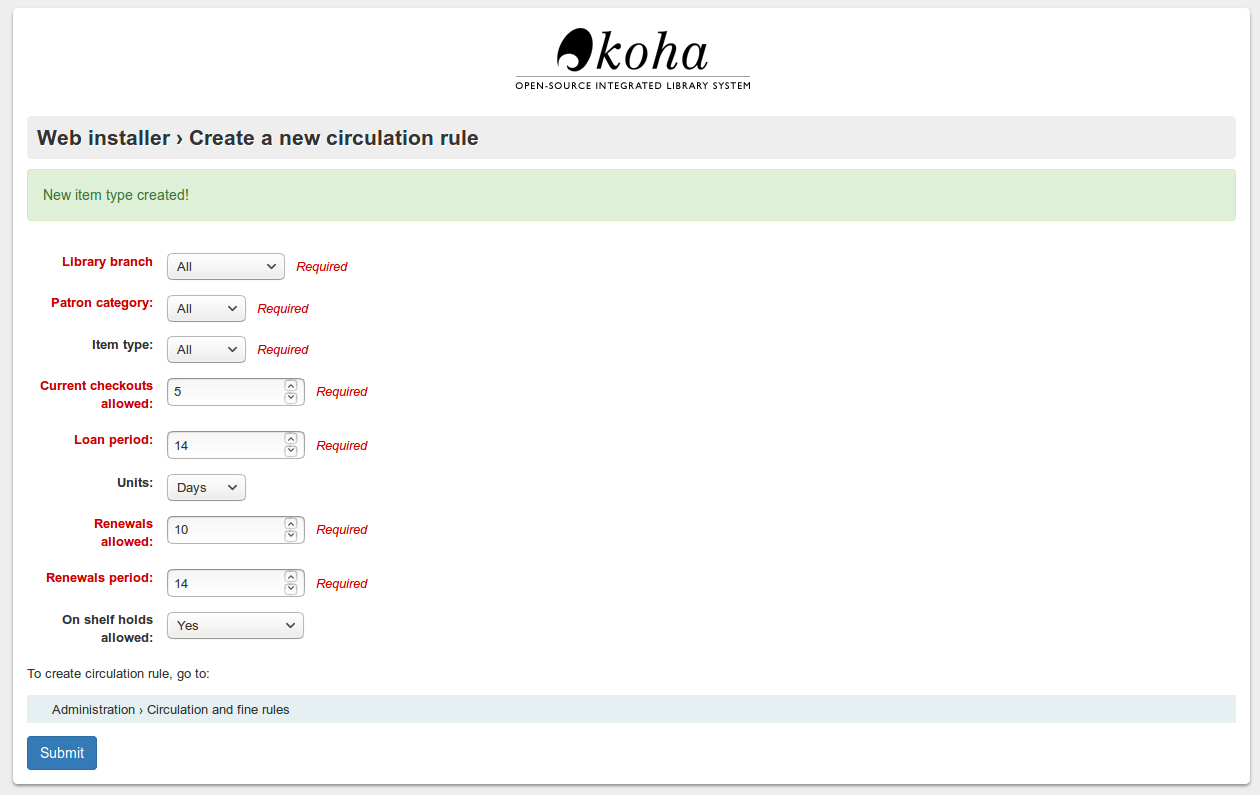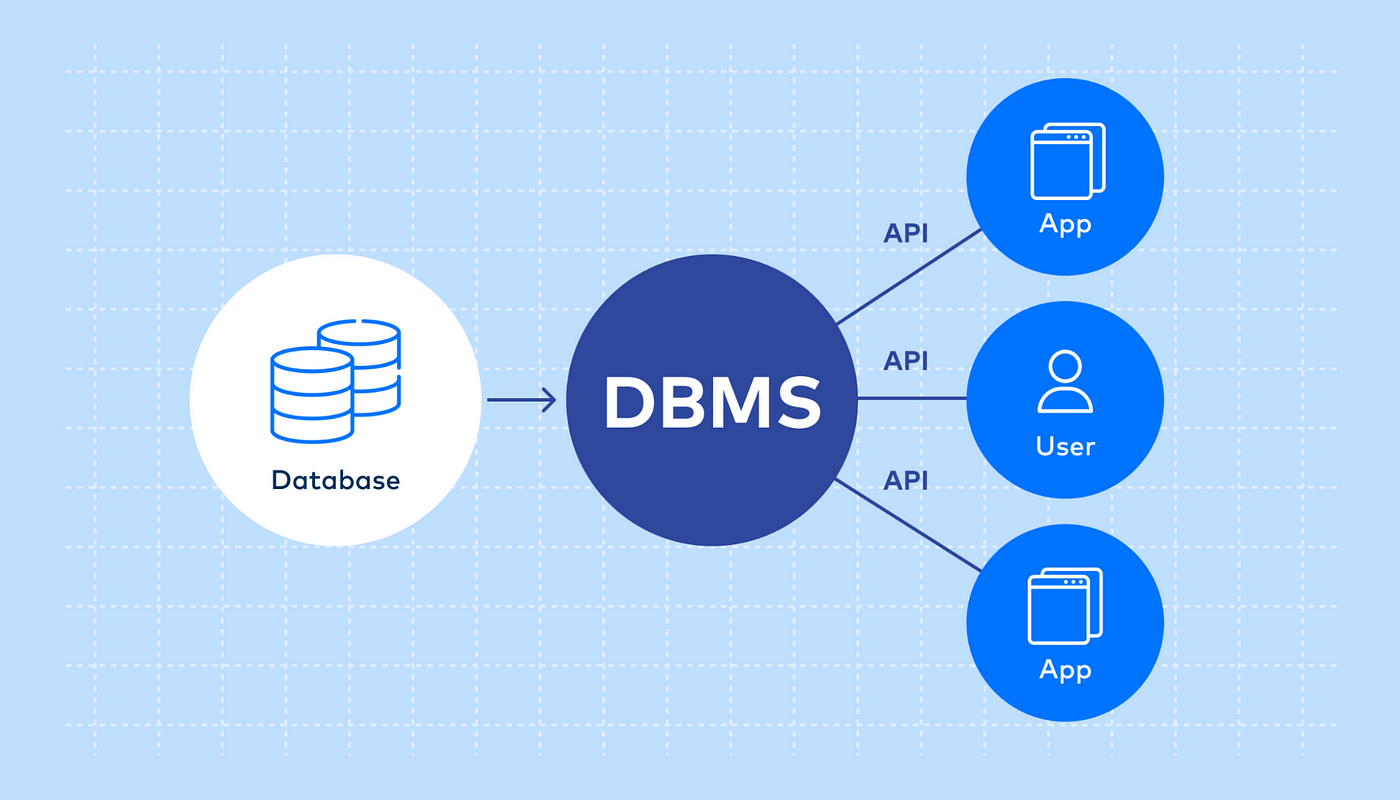In the rapidly evolving landscape of artificial intelligence, few topics have sparked as much debate as the open-source versus proprietary model. OpenAI, long hailed for its groundbreaking work in AI with models like GPT-3 and ChatGPT, now finds itself at a strategic crossroads. In a recent series of discussions, CEO Sam Altman acknowledged that OpenAI’s approach to open-sourcing has not always served the best interests of the community. Altman’s candid admission that the company has been “on the wrong side of history” underscores the growing pressure from competitors—most notably DeepSeek.
Sam Altman Acknowledges OpenAI’s Past Mistakes in Open-Source Deployment
During a detailed Reddit AMA session, Altman took questions on OpenAI’s approach to releasing its models. He admitted that while OpenAI has released tools such as Whisper and Jukebox under open licenses, its flagship models remain proprietary. This decision was originally based on concerns about misuse, ethical implications, and safety. However, Altman now sees these restrictions as a double-edged sword that may be stifling broader community innovation and collaboration.
DeepSeek’s Emergence Forces OpenAI to Rethink Its Proprietary Model
DeepSeek, a rapidly emerging competitor in the AI field, has built its reputation by embracing the open-source philosophy. By offering its AI models and tools freely to developers and researchers, DeepSeek has cultivated a vibrant community of innovators who continuously improve upon its technologies. This collaborative approach has allowed DeepSeek to accelerate its pace of innovation, setting new benchmarks for accessibility and adaptability in AI development.
The success of DeepSeek is a wake-up call for OpenAI. As the AI community grows increasingly supportive of transparency and shared progress, the closed nature of OpenAI’s most advanced models may be seen as a barrier to innovation. Altman’s recent comments hint at a possible strategic pivot—a move towards a more balanced, open-source-friendly approach that could help maintain OpenAI’s leadership in an increasingly competitive environment.
The Role of Open-Source in Accelerating AI Innovation
The open-source model has long been a catalyst for rapid technological advancements. In the AI sector, it enables researchers and developers from around the world to collaborate, iterate, and build upon each other’s work. Open-source initiatives democratize access to advanced technology, ensuring that breakthroughs are not confined to a single company or group of insiders. This collaborative spirit often leads to unforeseen innovations that benefit the entire industry.
For OpenAI, embracing a more open strategy could unlock a wealth of untapped potential. It would allow a broader array of experts to contribute to refining models, addressing ethical concerns, and expanding the range of applications. By opening up its platforms to a wider audience, OpenAI may not only catch up with competitors like DeepSeek but also set new standards for responsible, community-driven AI development.
Navigating the Future: OpenAI’s Potential Shift in Strategy
Looking ahead, the next few years will be critical for OpenAI as it decides whether to shift its strategy. The company now faces a delicate balancing act: retaining control to ensure safety and ethical usage while embracing the benefits of open-source collaboration. Any strategic adjustments will likely be implemented gradually, as OpenAI works to safeguard its core technologies while fostering a more inclusive ecosystem for innovation.
If successful, a reformed open-source strategy could propel OpenAI into a new era of growth and influence. The company’s decision to adapt might even inspire other industry leaders to reconsider their own approaches to openness and collaboration. Ultimately, the outcome will have lasting implications not only for OpenAI but also for the broader trajectory of artificial intelligence development.






